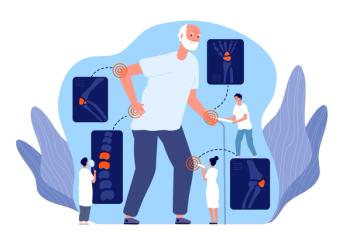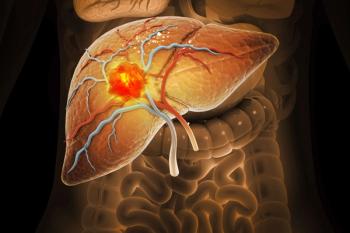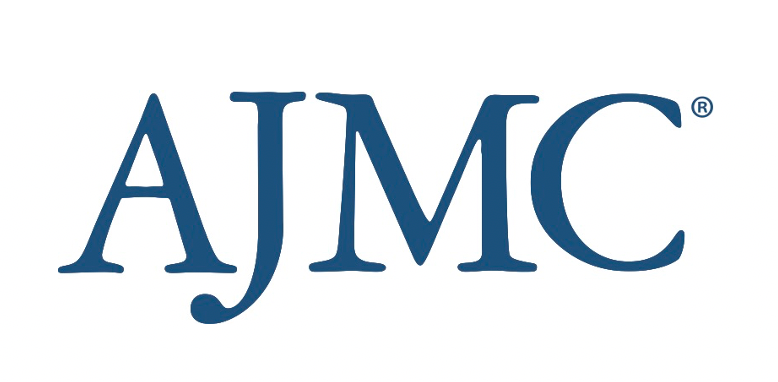
Health System
Latest News
Latest Videos

Podcasts
CME Content
More News

As pharmacy benefit managers (PBMs) come under increased scrutiny from regulatory agencies, here are 5 things to know about their role in the health care system.

Researchers analyzed the availability of telehealth services at mental health treatment facilities across the US before and after the end of the COVID-19 public health emergency through a national secret shopper analysis.

A literature review plus in-person visits helped identify barriers to quality rheumatoid arthritis care, as well as effective interventions to improve care quality.

Adolescent anterior cruciate ligament reconstruction surgery can preserve health and restore function of the knee joint, but the surgical cost has outpaced inflation.

This study reports qualitative findings from an explanatory sequential mixed-methods investigation to understand hospitals’ approaches to a novel commercial episode-based reimbursement incentive program.

The Bundled Payments for Care Improvement program was associated with improved quality of skilled nursing facilities in hospital referral networks for patients undergoing surgery for joint replacement.

Telemedicine in safety-net primary care faces particular challenges. Consistent, team-based workflows can support video visit implementation and health care maintenance in telemedicine visits.

This study identifies limited engagement with equity among academic medical centers as they develop governance processes for artificial intelligence (AI)/machine learning and predictive technologies.

Procalcitonin test demand from the emergency department is growing, necessitating the implementation of strategies to address overuse. Successful interventions must be based on information technology.

This editorial discusses positions for academic medical centers to consider when designing and implementing artificial intelligence (AI) tools.

A retrospective analysis of 30-day risk-adjusted readmission rates among skilled nursing facilities (SNFs) between 2017 and 2022 compared those that had implemented an interventional analytics platform and other SNFs.

This study quantified the trends over time in utilization of, spending on, and access to CT fractional flow reserve, the first artificial intelligence (AI)–enabled clinical software reimbursed by Medicare.

Compared with usual care, a dementia care management program improved various cost of care and utilization metrics in a Medicare managed care population at 12 months.

A recent study found that screening for hepatocellular carcinoma (HCC) is associated with reduced mortality, highlighting the need to promote HCC screening for patients with known risk factors.

The authors created a machine learning–based model to identify patients with major depressive disorder in the primary care setting at high risk of frequent emergency department visits, enabling prioritization for a care coordination program.

Public hospitals were significantly more likely to sustain access to unprofitable services following 340B Drug Pricing Program participation, while nonprofit hospitals were mostly unaffected, according to a recent study.

Risk assessments of drug-related problems for cardiac surgery patients can be conducted by implementing a framework for patient safety.

Regular users of the emergency department (ED) transiently reduced ED visits when faced with ED access barriers during the COVID-19 pandemic.

Michael Morse, MD, FACP, MHS, medical oncologist at Duke Cancer Center, explained gaps in care access and equity that must be addressed to ensure all patients with liver cancer can get the treatments they need.

On this episode of Managed Care Cast, we're talking with Karen Iapoce, senior director of government products and programs at ZeOmega, about the recent CMS final rule on Medicare Part D and Medicare Advantage.

Stephanie T. Page, MD, PhD, UW Medicine Diabetes Institute, presented on ongoing research and growing interest in new male contraceptive options, such as an oral pill and a hormonal transdermal gel, at the American Urological Association 2024 Annual Meeting.

In 2024, the Asembia Specialty Pharmacy Summit celebrated 20 years and speakers highlighted the conversations around improving access and affordability taking place at the meeting.

The novel intravesical drug delivery system releases erdafitinib locally within the bladder while limiting systemic toxicities.

Quoc-Dien Trinh, MD, MBA, chief of urology at Brigham & Women's Faulkner Hospital, highlighted successful efforts to improve prostate cancer care access for underserved communities in Massachusetts.

Leaders at 49 accountable care organizations (ACOs) shared their perspectives on the Medicare Shared Savings Program, as well as a range of strategies for success and ongoing challenges.





















